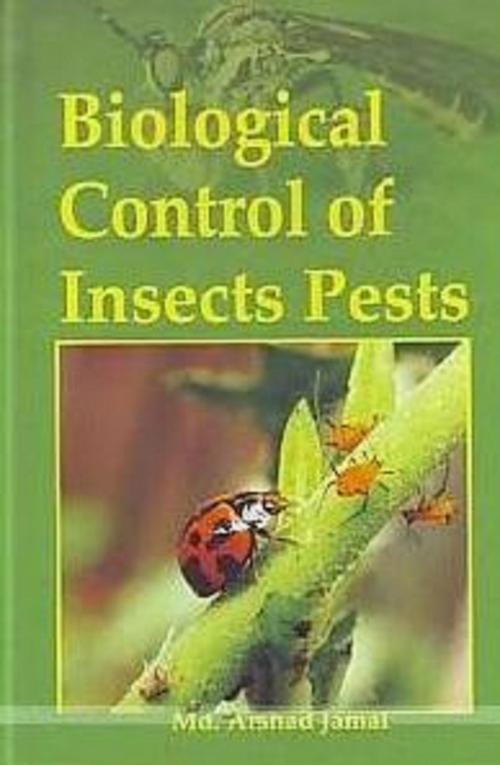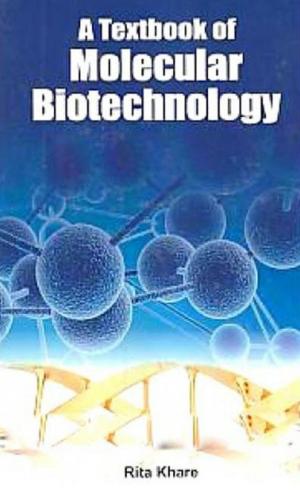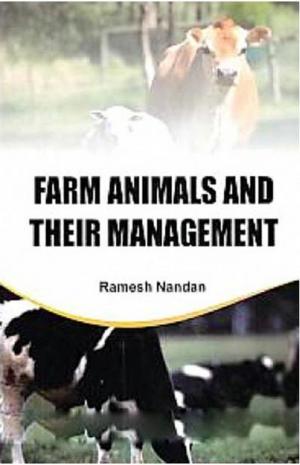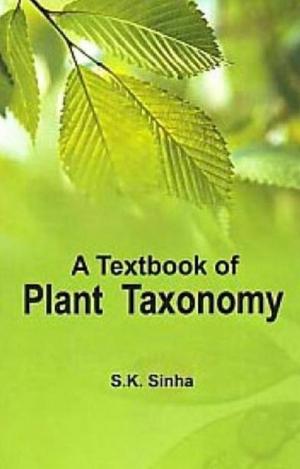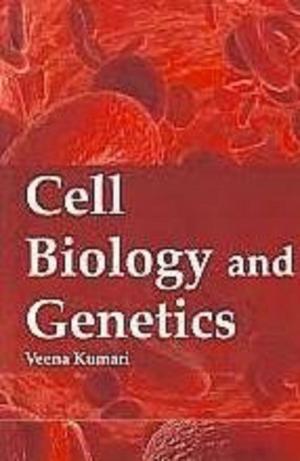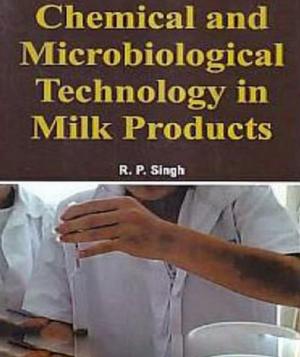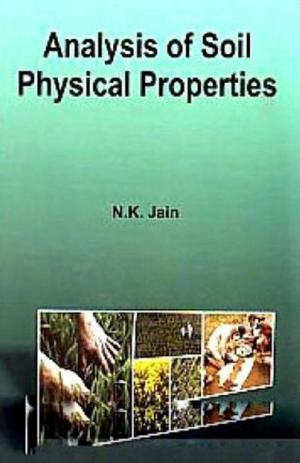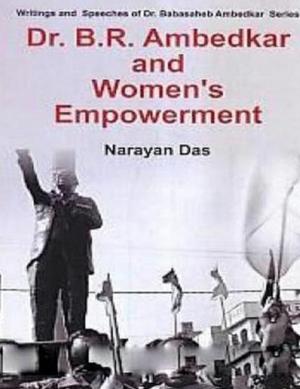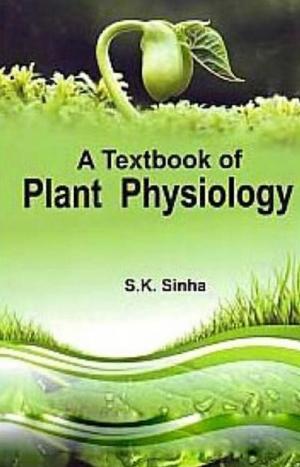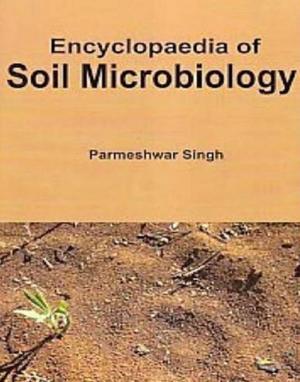| Author: | Md. Arshad Jamal | ISBN: | 9789387798953 |
| Publisher: | Centrum Press | Publication: | June 30, 2017 |
| Imprint: | Centrum Press | Language: | English |
| Author: | Md. Arshad Jamal |
| ISBN: | 9789387798953 |
| Publisher: | Centrum Press |
| Publication: | June 30, 2017 |
| Imprint: | Centrum Press |
| Language: | English |
Pests are species that attack some resource we want to protect, and do it well enough that they cause losses or are a major annoyance. Pests are only a tiny fraction of the insect species around us. Many pest species only occasionally do real damage. Natural enemies play an important role in limiting potential pest populations. We have seen what happens when pesticides devastate the natural enemies of potential pests. Insects that were of little economic importance can become damaging pests. When a non-toxic control method is used, natural enemies are more likely to survive and reduce the numbers and damage of potential pest species. This valuable reference guide emphasizes the biological control of insects but biological control of weeds and plant diseases. Natural enemies of insect pests, also known as biological control agents, include predators, parasitoids, and pathogens. Biological control of weeds includes insects and pathogens. Biological control agents of plant diseases are most often referred to as antagonists. This book will be a useful resource to entomologists, agronomists, horticulturists, and environmental scientists.
Pests are species that attack some resource we want to protect, and do it well enough that they cause losses or are a major annoyance. Pests are only a tiny fraction of the insect species around us. Many pest species only occasionally do real damage. Natural enemies play an important role in limiting potential pest populations. We have seen what happens when pesticides devastate the natural enemies of potential pests. Insects that were of little economic importance can become damaging pests. When a non-toxic control method is used, natural enemies are more likely to survive and reduce the numbers and damage of potential pest species. This valuable reference guide emphasizes the biological control of insects but biological control of weeds and plant diseases. Natural enemies of insect pests, also known as biological control agents, include predators, parasitoids, and pathogens. Biological control of weeds includes insects and pathogens. Biological control agents of plant diseases are most often referred to as antagonists. This book will be a useful resource to entomologists, agronomists, horticulturists, and environmental scientists.
